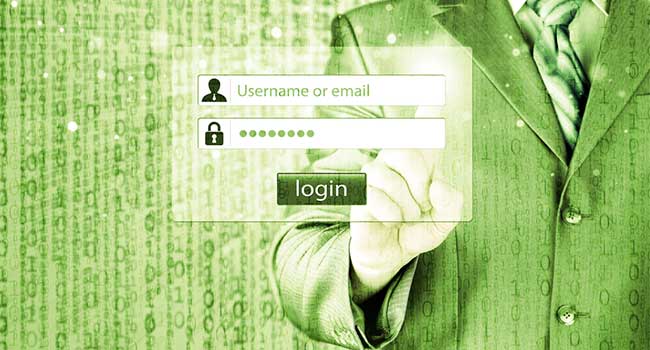
World Password Day: Fact or Fiction
It’s time to take the pledge to improve your password habits.
Thursday, May 4th, is World Password Day. A day of digital reflection to see if your password habits are actually securing the information you use the password to guard.
In most instances, password users believe they are doing the best they can to improve the security of their information and accounts, but more often than not they are using tips and tricks that are actually creating vulnerabilities for their accounts.
Let’s see where you stand with your password, can you guess if the statements below are fact or fiction?
I can use the same password for many accounts, especially if it is really complex.
Fiction. I know it may be easy to use the same password for all your accounts so that you can remember it better, but it actually increases your chances of being vulnerable in the digital space if you do.
It doesn’t matter if your password has a capital letter, lowercase letter, number, symbol and hidden rhyme, if someone hacks a website that you use the password for and gains entry into their user database, your complex password isn’t very useful anymore. They can take the data stolen from the website to try to gain entry into other accounts you might use, like your email, social media accounts and even online banking accounts.
Using two-factor authentication decreases my chances of being hacked.
Fact. The use of two-factor authentication has been growing as of lately. You might have been prompted to use it for a Gmail account recently. It works by adding another layer of security to your account.
With Gmail, when you tell your laptop or desktop computer that you want to log into an account, it automatically sends a code to your mobile device. Once you receive that code, you can type it into the field on the computer. This lets the website know that you are more likely to be the person you say you are if you have possession of a secondary device linked to the account.
I should change my password every 30 days.
Fiction. Although this is good advice for high-risk accounts, it isn’t the best policy for the average user. Requiring frequent password changes usually results in weaker and weaker passwords as the users struggles to find the happy place between remembering a new password and figuring out new ideas.
Rather than limit the password by age, try to focus on stronger passwords and better user awareness. You should still look to change your password every now and then, but maybe try every three months so you don’t burn out so quickly.